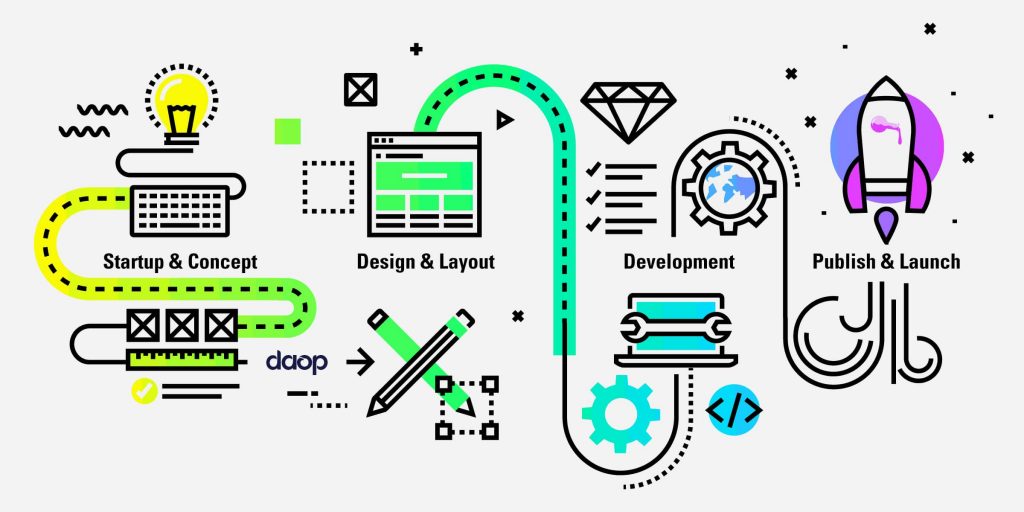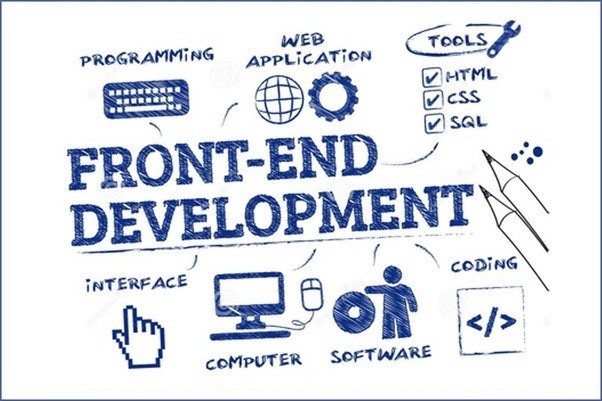- May 29, 2019
- Posted by: SouTech Team
- Category: Blog, Blogging, Business Negotiation, Consulting, Development, eBusiness and eCommerce, Freelancing, Technologies, Website Design Service Abuja, Website Design Training, Website Hosting, Wordpress Website Design Training

So you have just learned website design and development and now you think it’s time to start cashing in, you spread the word, do a little social broadcasting and calls started coming in for website design projects, just before you start getting excited you must know this; not everyone is willing to pay for your services, and yes! Though you might do some freebies for portfolio building, some are will to pay reasonably too. There is always a secret in business and I would want you to consider this article part secret on your new journey into website development.
I have highlighted here, how to keep your clients paying in while sustaining your reputation and your sanity when engaging in website development projects.
There is no rocket-science-experiment making money as a web developer and learning website design doesn’t guarantee you will make money except you apply this basic advice of which most of it is just about applying pure common sense. Nevertheless, it is absolutely essential to any beginner website designer, set to start creating websites for money.
These principles are based on practical years of experience from various developers and are important that you adopt them in order to become a successful Website Developer.
It is an adventurous process.
Website development can never be business as usual. There are always different challenges present and s the projects vary. The challenges you encounter building a simple corporate website will never be the same with that you encounter development a school portal. It is best to under promise and delivers beyond promises than to promise a future you cannot see. This can make you accept a fee that covers only for your internet data, leaving you with regrets.
It doesn’t matter if it is a simple website migration or theme customization, things can easily get out of control and you might end up working endlessly for a project you promise to deliver a week ago. This could make you work for free and possibly lose your clients by being a novice.

Understand your skill set and responsibility.
Though I must agree that expansion and experimenting new things are great, I will also agree that it’s a no-no to experiment with a client’s project. Do not engage in projects you’re not 100% sure that you deliver. If they (your clients) push, make it clear you will “try your best” but do not make promises, if you can achieve 80% tell your client. They will appreciate it in the end and it will build trust in your relationship. Trust me, it is better you do not win a project, than winning one that could get you stuck and end up working for free.
Let them know what they are paying for.
It feels good to appear as a genius to your client. But what doesn’t seem cool is when you do not specify clearly what your deliveries entail. If you are to code a website project yourself, indicate. If you are implementing a customized CRM let your clients know as well. It is unwise to give your client a Content Management System (CMS) site with a theme you bought online and making them believe you built the theme. Let them have a breakdown of the theme, plugins, and images you bought including the licensing to them. Also, let them know the free plugins you have used and their features.
Always use the best available tool.
Frameworks and CMS are friendly when it comes to delivery web development projects on-time. It makes no sense wasting time trying to code your way out with a program that you do not understand and ending up creating something no one will make use of. Know your limits and use the best available tool at your disposal.
Your priority is to get the job done quickly so your client will be happy and retainable.
You are not just a developer.
When dealing with clients, you are their expert in concerned areas like the internet, how users will react to their website functionality and more. Whatever advice you give them regarding technologies, framework, theme, hosting or even social media account management will be taken seriously.
It is important that you give them advice about things that you have a comprehensive knowledge of. Do not hesitate to direct them to someone who has a good understanding of areas you have little or no knowledge about.

Always observe the project scope
Make sure you understand clearly the scope of a project and also make it clear from the start what your fee covers, once the scope is achieved, sign the project off at once. You can always give your clients some pecks like a monthly “maintenance package” of 2-3 hours’ upgrade or debugging per month or charge an hourly rate for every 4 hours. Otherwise, you will be overwhelmed with requests to change wording, text colors and alignment.
Candid Advice.
If a website doesn’t completely function the way it was intended to despite that the scope is met, then it’s on you, you don’t have to bill just fix it. But if the project is doing everything as stated in the scope, only that the client has not given you a complete scope then it’s time to bill.
Soutech Pro Website Design Training is the first step to building a website development career. The training is very intensive and practical. Click here to enrol now.





